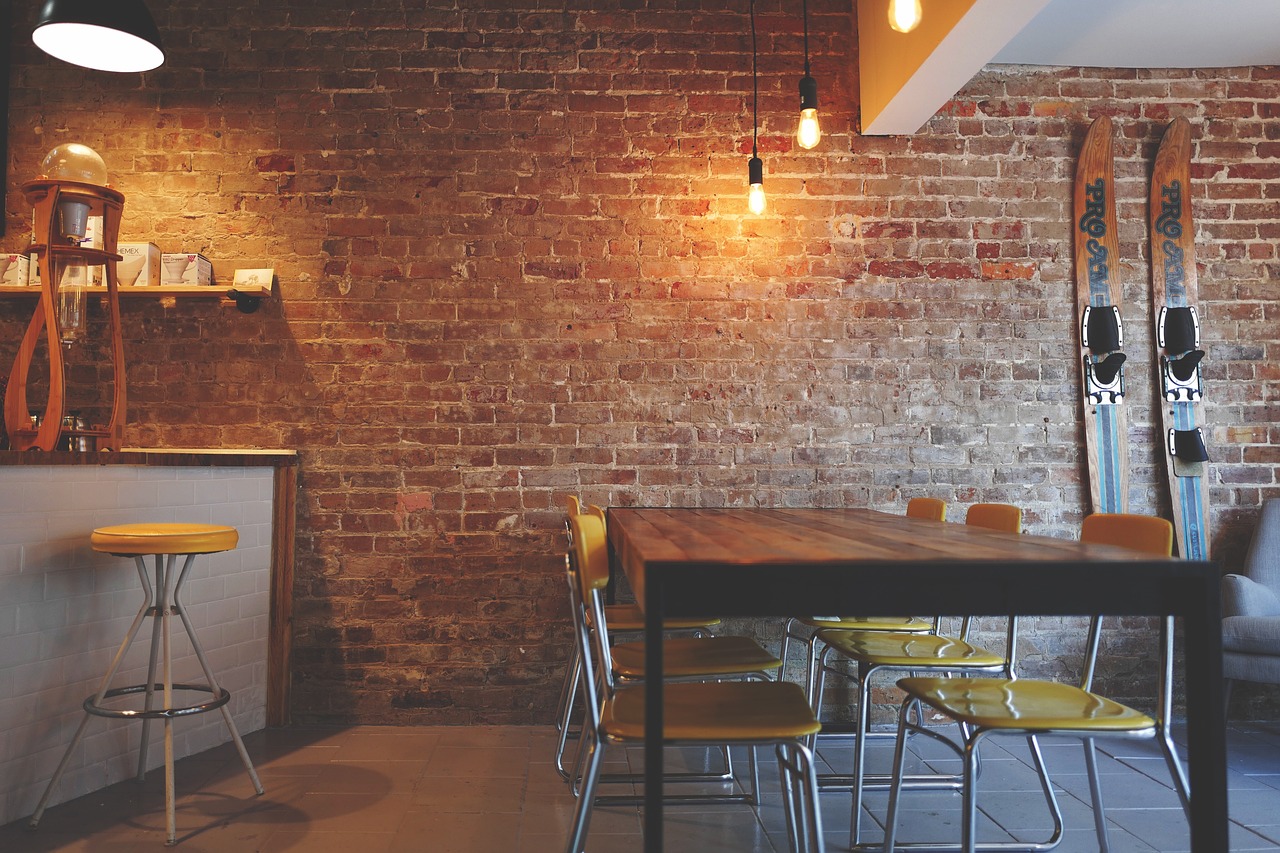I understand that many people imagine restaurants as an ideal world, where everything is simple, understandable and, most importantly, unrealistic money is found. As an entrepreneur with 30 years of experience, I will try to debunk the most popular myths about restaurants.
1. Opening a Restaurant is Easy
Unfortunately, it’s easy to just close it, and then you have to tinker a little. To open a restaurant and then effectively manage it, you will have to properly understand the following aspects: gastronomy and bar business, finance and logistics, design and architecture, ethics and aesthetics, technology and training, advertising, and PR. A separate story is a relationship with the authorities and all kinds of inspection authorities. The list is far from complete – I sketched out what first came to my mind. Still, dreaming of opening your own restaurant?
2. Margin in restaurants – 1000%
The profitability of a restaurant is mainly determined by the food cost, that is, the cost of the products and processes that ensure the appearance of the dish on the guest’s plate. In my establishments, the food cost is about 30-40% of the price of the dish, which is indicated on the menu. However, everything is not limited to the cost of products – there are still many items of expenditure: for personnel, for rent, for all kinds of napkins, packaging, disposable dishes, constantly breaking glasses, and often disappearing cutlery.
The profitability of a successful restaurant is about 18%, of an ordinary one – 5-10%
And recently, it is still necessary to purchase a sanitizer almost in tanks (for example, 6 liters a day are used to wash tables at the Dacha) and regularly do PCR tests for employees. As a result, the profitability of a successful restaurant is about 18%, and that of an ordinary restaurant is 5-10%.
3. Restaurants buy the Cheapest Products
Despite the desire to save money, the restaurateur often does not have such an opportunity. The buyer must supply the kitchen with the best available, and from trusted suppliers, otherwise many dishes will simply be impossible to prepare. The technology will be broken and, for example, the dough will simply not rise. And if it succeeds in cooking, then the taste will be such that guests will not return to this restaurant. In short, most restaurants buy products of much higher quality than those available in a regular supermarket, where customers generally do not read the fine print on the labels.
4. Good service is Exclusively a Human Factor
Many guests think that such a pleasant waiter came to the restaurant from the street. This is partly true, since the “unpleasant” people are eliminated immediately, and the “pleasant” ones remain on the team. But a nice person is not a profession. And in order to become a professional in the field of hospitality, the waiter has to undergo training, which lasts about a year (of course, all this time he works in the hall). So although it all starts with personal qualities, they are not limited to them.
The Restaurateur Never Pays at his Restaurants
In fact, the restaurateur always pays – regardless of whether he himself ate at his restaurant, brought his relatives there, or treated his friends there. Payment is not necessarily made by cash or card, but do not hesitate, everything that a restaurateur eats and drinks will be deducted from his monthly salary. In rare cases, when you need to treat some famous person, this treat will be carried out not at the expense of the restaurateur, but at the expense of the restaurant (the difference is not very big, but it is). But I try not to treat bloggers because I am convinced that sincere love cannot be bought – it can only be earned

